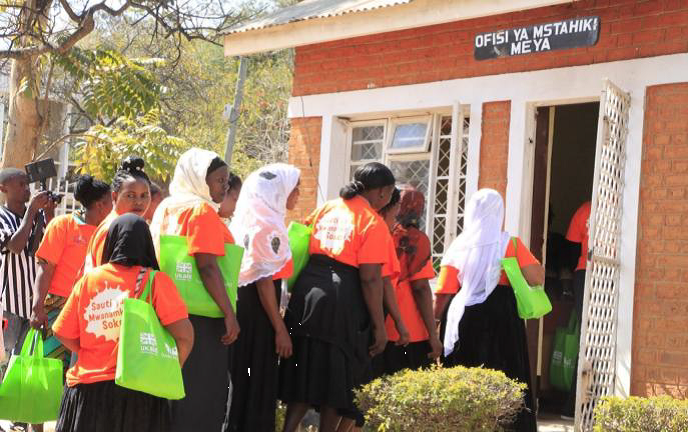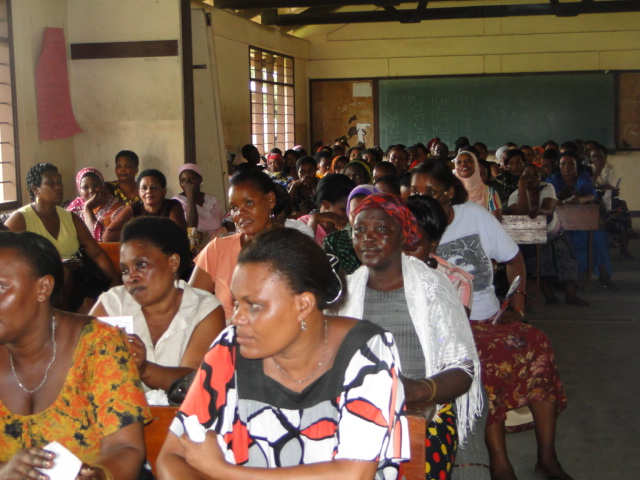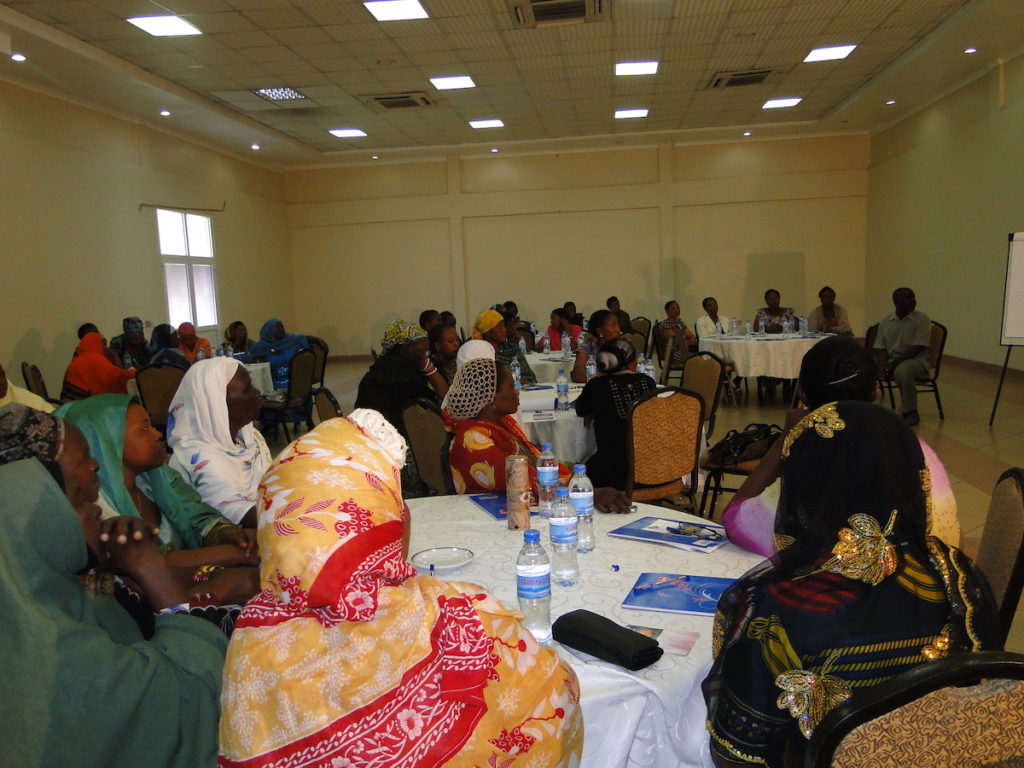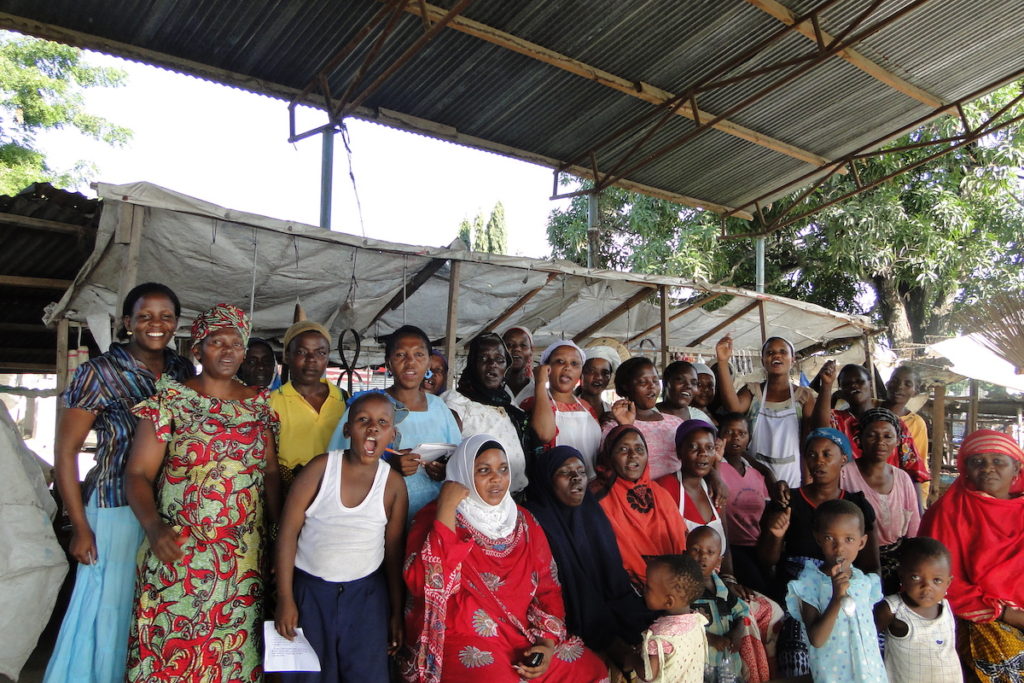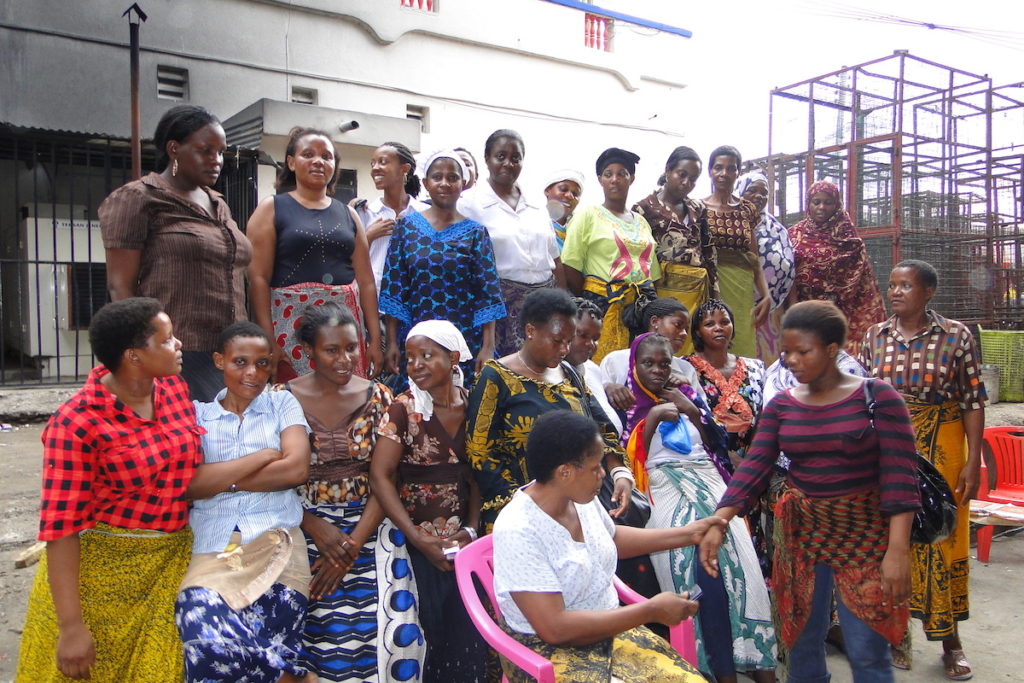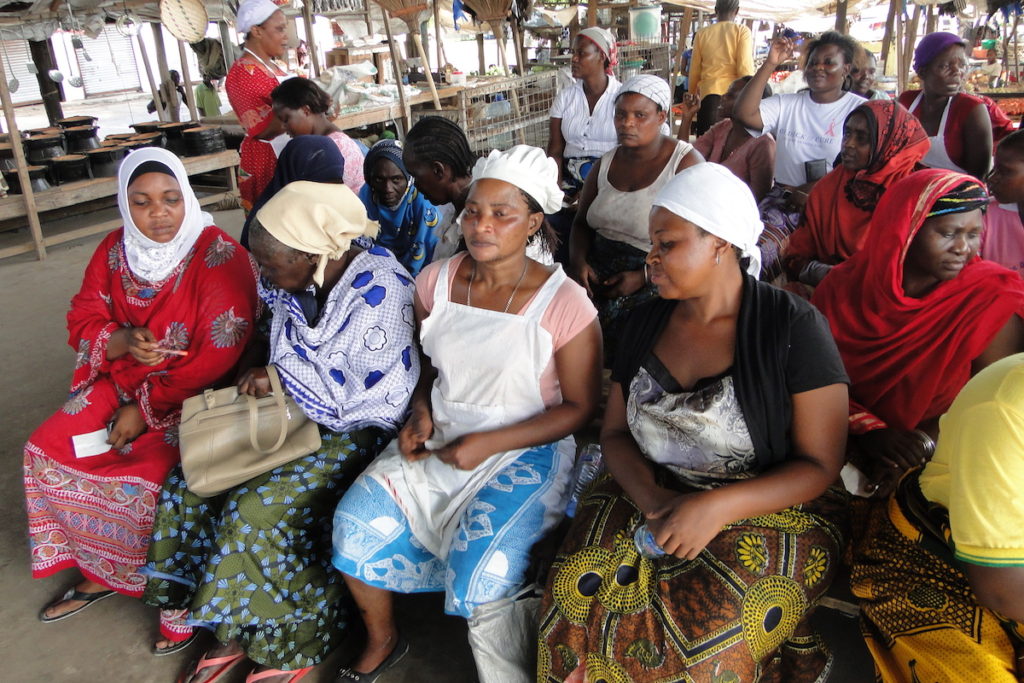Women Leadership for Change
85.8% of employment is informal in Africa. (ILO Reports 2020)
Participation of women in market governance stimulates positive change for all. Women are taking an active role to demand leadership in public spaces through influencing reforms of market constitutions, change of practices and other creative policy engagements. Women champions in public spaces and trade spot areas are mobilizing others who have the power to make it happen.
Informal sector women lack the organization of a collective voice, hindering them from holding authorities accountable and advocating for their rights, constitutional reforms and improvement of their working conditions. They are also largely underrepresented in leadership positions and less involved in decision-making processes, preventing women’s interests from being represented and protected in laws and policies.
The following initiatives were organised to respond to this situation:
- First Women Market Traders National Convention
EfG has successfully brought together women market traders from 9 regions, namely: Lindi, Mtwara, Shinyanga, Mwanza, Dar es Salaam, Iringa, Mara, Mbeya, and Tanga (Lushoto District) Regions, to take the first steps towards creating Tanzania’s first National Association of Women Market Traders. The main objective is to build solidarity among women in the informal sector in Tanzania and enable women market traders to from various regions in Tanzania Mainland to build a network and create a platform to discuss their issues and have their voices heard.
- Facilitating the formation of women groups and associations
EfG continues to provide assistance and guidance information of women groups and associations at various marketplaces covered by its projects to have a collective voice to raise and discuss their issues at the market, municipal and national levels. We also use these groups as platforms for sharing and exchanging knowledge and ideas on different issues affecting women market traders. A total of 42 women market traders associations have been formed, representing approximately 5,400 women.
- Advocating for reform and creation of gender-sensitive market constitutions
EfG developed guidelines for creating market constitutions that are gender-sensitive. These guidelines have been spread across the country; and have helped to:
- Increase of the number of women gaining leadership positions at markets by 14%, from 15% to 26%;
- Spearhead election of the first female market chairperson;
- Ensure training of 1608 women on leadership in 11 districts of Tanzania Mainland;
- Ensuring more women are designated seats in election committees
- Ensure 50/50 representation in the market committee.
- Developing Machinga- IDs Distribution Guidelines
In collaboration with Mbeya Regional Commissioner’s Office, Mbeya City Council and other stakeholders such as women market traders, street vendors, vendors’ association and ward councillors, EfG developed guidelines for distributing identification (IDs) for street vendors/hawkers, popularly known as machingas. This followed a directive regarding the IDs made by the President of the United Republic of Tanzania, Hon. John P. Magufuli. The guidelines provide a framework for the smooth distribution of the IDs, describing all important aspects to facilitate such a process. The guidelines also initially address e gender-related concerns as well as concerns relating to persons with disabilities (PWDs). The draft guidelines were validated and adopted by stakeholders and finalized by EfG. Key factors who validated and approved the guidelines include councillors, women, technocrats, leaders and media representatives.

